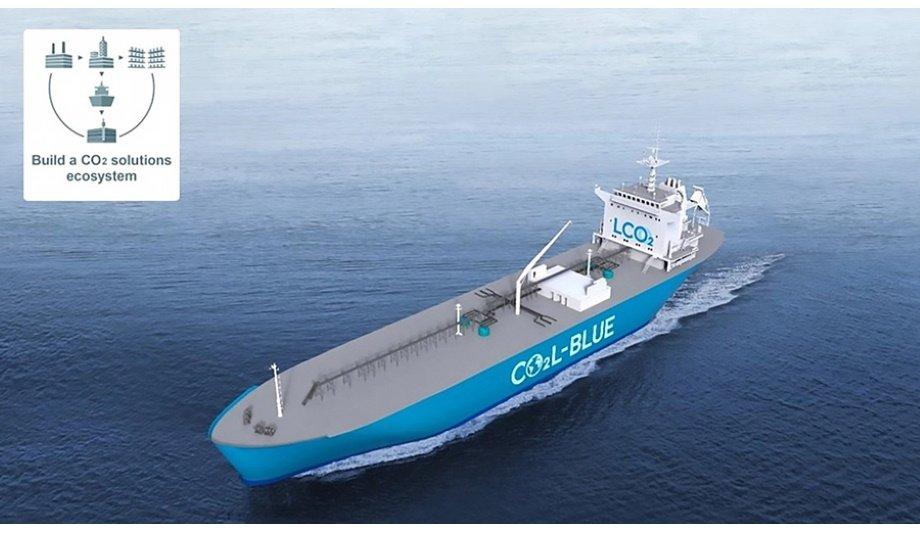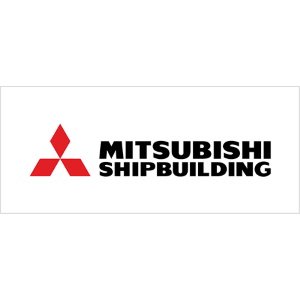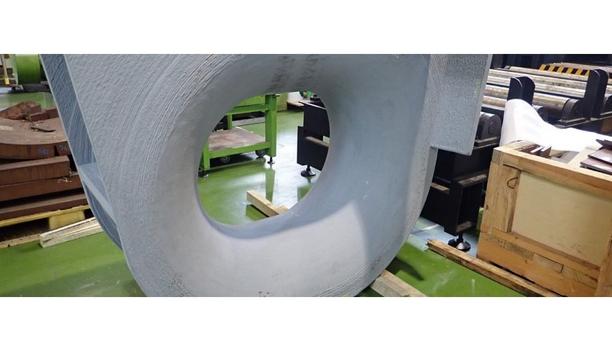Mitsubishi Shipbuilding Co., Ltd., a part of Mitsubishi Heavy Industries (MHI) Group, has initiated a feasibility study with TotalEnergies for the development of a liquefied CO2 (LCO2) carrier. By furthering development of technologies, to reduce the volume of CO2 emissions in the oil and gas industry, MHI Group aims to strengthen its businesses, supporting strategic efforts for energy transition.
MHI Group is pursuing a range of measures for a decarbonised society and establishing a CO2 ecosystem is a key part of that effort. Furthermore, carbon dioxide capture, utilisation and storage (CCUS) is attracting attention worldwide, as an effective means to achieve decarbonisation.
Rise in demand of LCO2 carriers
LCO2 carriers play a pivotal role in transporting CO2 from its emission sources to storage sites or facilities for utilisation, and demand for these vessels is expected to increase in the future.
Mitsubishi Shipbuilding Co., Ltd. is actively pursuing commercialisation of LCO2 carriers and this project is expected to make a significant contribution to the establishment of a CO2 ecosystem in the CO2 transport sector, which will be an essential component of the CCUS value chain.
Commercialisation of LCO2 carriers
MHI Group is aiming to contribute to the construction of the CCUS value chain that spans the sea and land
MHI Group is aiming to contribute to the construction of the CCUS value chain that spans the sea and land, by bringing together the knowledge of the group companies, such as the advanced gas handling technologies, accumulated by Mitsubishi Shipbuilding Co., Ltd., in building liquefied petroleum gas (LPG) carriers and liquefied natural gas (LNG) carriers, and the CO2 capture technologies of Mitsubishi Heavy Industries Engineering, which has the world’s largest market share.
Bruno Seilhan, Vice President (CCUS) at TotalEnergies, said “We are pleased to partner with Mitsubishi, whose expertise in shipbuilding is well proven, in order to study large tonnage liquid CO2 carrier opportunities.”
Acceleration in achieving net zero carbon targets
Bruno Seilhan adds, “Such vessels will be key to accommodate the expected surge in transported CO2 volumes for geological storage, triggered by the acceleration in net zero carbon targets worldwide and to meet world industrial emitters’ needs. It is fully aligned with our Climate Ambition to get to net zero emissions by 2050.”
Toru Kitamura, President of Mitsubishi Shipbuilding Co., Ltd., said “We are pleased that TotalEnergies, which plays an important role in the world’s leading CCUS value chain market, has expressed high regard for our technology and experience.”
LCO2 carriers play key role in a decarbonised world
Toru Kitamura adds, “We believe that LCO2 carriers are an effective solution for achieving a decarbonised world. We will continue to actively pursue technology development, in cooperation with partners seeking to achieve decarbonisation using LCO2 carriers, with the aim of market formation for the CCUS value chain.”
Going forward, through this joint project with TotalEnergies, MHI Group will continue to develop and offer a wide range of technologies, related to the LCO2 carriers, which are essential to building a CCUS value chain, and contribute to the realisation of a decarbonised society.














